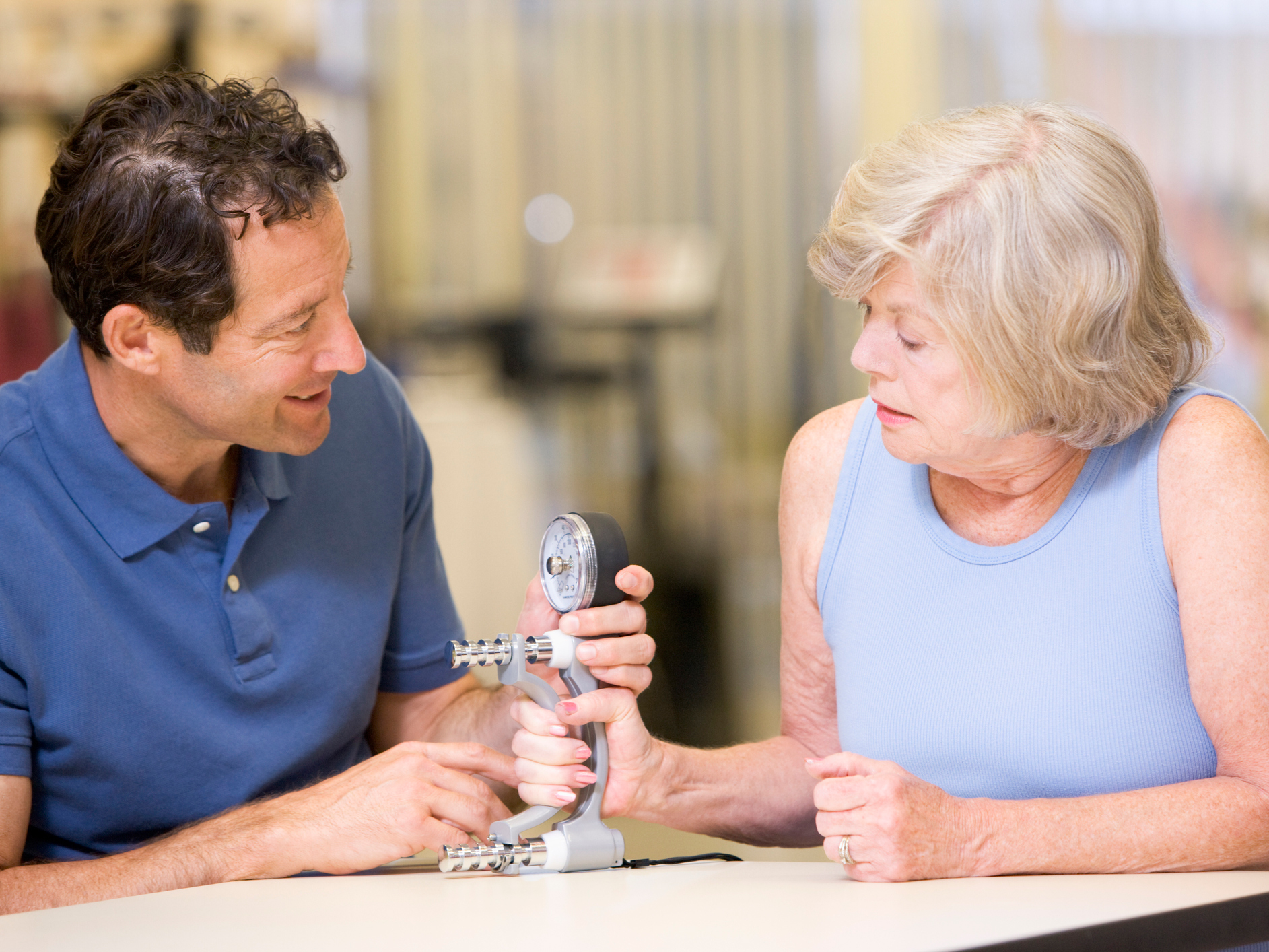Get Easy Health Digest™ in your inbox and don’t miss a thing when you subscribe today. Plus, get the free bonus report, Mother Nature’s Tips, Tricks and Remedies for Cholesterol, Blood Pressure & Blood Sugar as my way of saying welcome to the community!
The simple test that reveals your brain’s health

You’ve probably heard that the first signs of dementia appear in your brain long before any symptoms do. In fact, people with a genetic tendency toward the disease can develop changes in their brain as early as their late teens and twenties — decades before they have any noticeable problems with thinking or memory.
It’s scary to think that dementia could be brewing in your brain without you even realizing it. But don’t let it freak you out too badly. There’s plenty you can do to protect your brain health. And there may even be a simple way to gauge how healthy your brain is right now without expensive brain scans.
A new study found that a simple test you can perform at home can give you an idea of how healthy your brain is, and hopefully, put your mind at ease…
Muscle strength = brain health
A collaborative study from researchers in the UK, Australia, Sweden and Belgium found that testing your hand strength can reveal your brain health.
The study included data from nearly a half a million people, and showed that people who were stronger performed better on brain function tests. The brain function tests gauged things like reaction speed, logical problem solving and memory.
Researchers found that the connection between strength and brain function held true for people of all ages. The two were just as connected for people over 55 years old as they were for people under 55 years old. This is cool for younger folks, because previous studies only connected muscle strength to brain health in older people.
“When taking multiple factors into account such as age, gender, bodyweight and education, our study confirms that people who are stronger do indeed tend to have better functioning brains,” said study author Dr. Joseph Firth.
Read: Peanut butter test for Alzheimer’s disease
Researchers also found that there’s a connection between muscle strength and brain function in people with mental illnesses, like schizophrenia, major depression and bipolar disorder. Since people with these conditions struggle with brain function, researchers say this may mean that strength training could help them feel better.
But could building more muscle really help protect you from the negative effects of brain aging and dementia?
Well right now, researchers say there’s not enough research confirming that weight training can improve your brain health to recommend that you go out and pump some iron for a better brain. But there’s enough evidence that cardio exercise improves brain health, and researchers believe there’s a strong possibility that strength training exercise does the same. Plus, building muscle has plenty of other health perks, like better blood sugar, bone density, metabolism and more. So why not try it?
Testing hand strength to gauge brain health
Ready to test your brain health?
In the study, researchers tested muscle strength in the hand, which is something you can easily do yourself.
The most accurate way to test your hand strength is using a dynamometer. This is a device with a handle that you squeeze, and it will give you a digital score that measures your strength. Some gyms have them, so if you work out at a gym ask and see. You can also purchase them. They can be expensive, but you can get a cheaper version for about $30 on Amazon. They’ll come with directions how to use them and how to interpret your score.
If you don’t have access to a dynamometer, you can also test your grip strength using a bathroom scale:
- Hold the scale in both hands. The bottom of the scale should be facing your chest, and top should be facing out.
- Now, squeeze the scale with one hand. Ask someone to stand with you and read the score on the scale or do it in front of a mirror.
- Next, squeeze the scale with your other hand and get that score.
- You can also try squeezing with both hands at the same time to test your two-handed score.
The downside to using a bathroom scale is that there are no set guidelines for interpreting your results. The bathroom scale is useful, however, for keeping track of your grip strength over time and comparing your grip strength to other people.
For example, you can ask a friend of about the same age, sex and build as you to do the bathroom scale grip strength test with you and compare your results. You can also start testing your grip strength regularly so that if your grip strength gets worse, you can try to improve it… and hopefully, improve your brain health while you’re at it.
Editor’s note: While you’re doing all the right things to protect your brain as you age, make sure you don’t make the mistake 38 million Americans do every day — by taking a drug that robs them of an essential brain nutrient! Click here to discover the truth about the Cholesterol Super-Brain!
Sources:
- Brain Changes Detected 20 Years Before Alzheimer’s Symptoms — Fisher Center for Alzheimer’s Research Foundation
- Research reveals stronger people have healthier brains — MedicalXpress
- Firth, et al. “Grip Strength Is Associated With Cognitive Performance in Schizophrenia and the General Population: A UK Biobank Study of 476559 Participants.” — Schizophrenia Bulletin, April 2018.
- How & Why You Should Measure Your Hand Grip Strength at Home — Physical Therapy Video. YouTube













